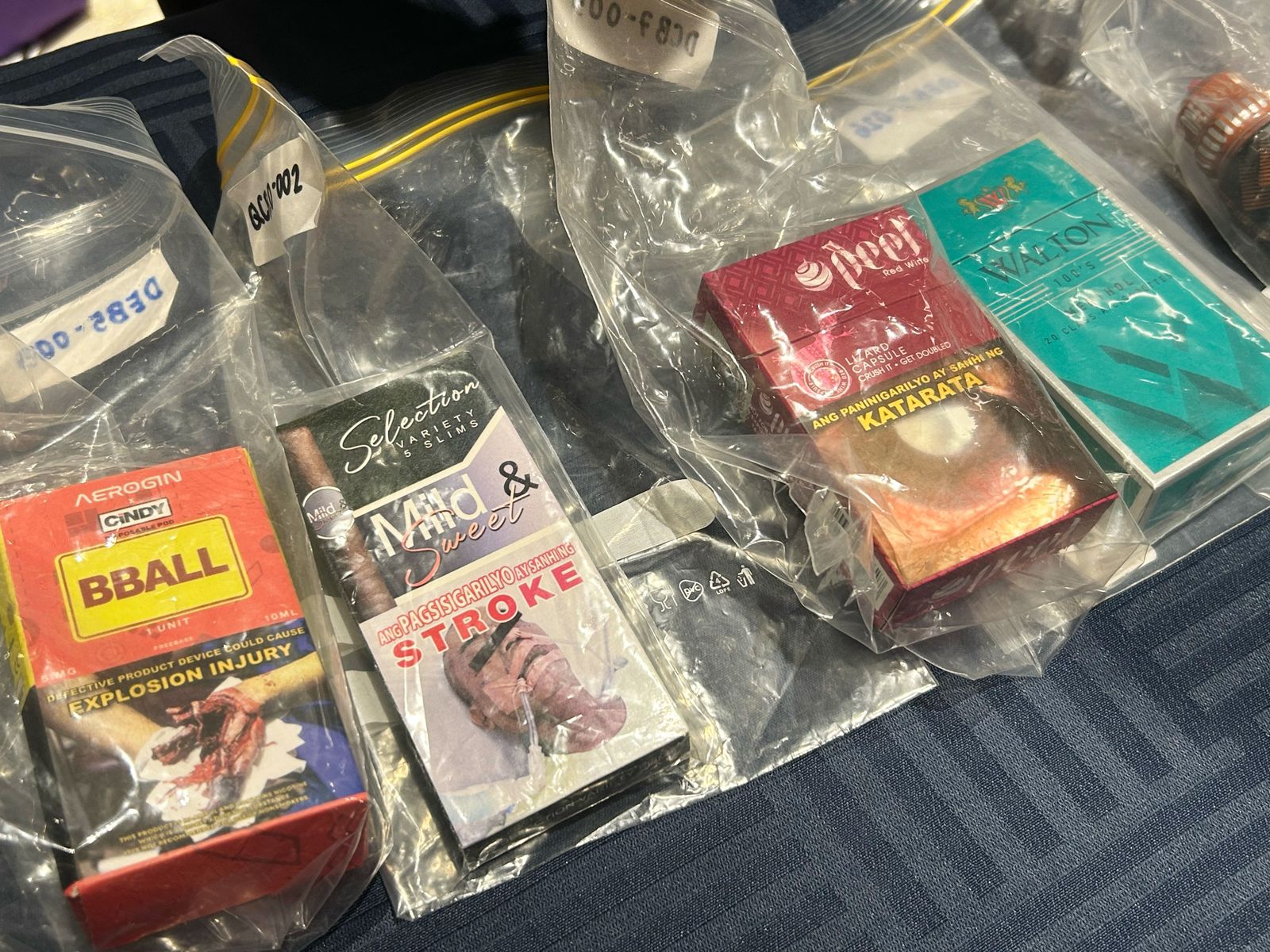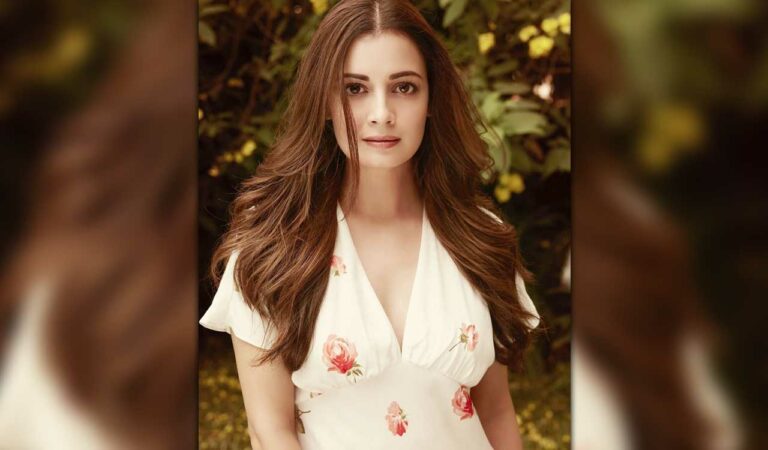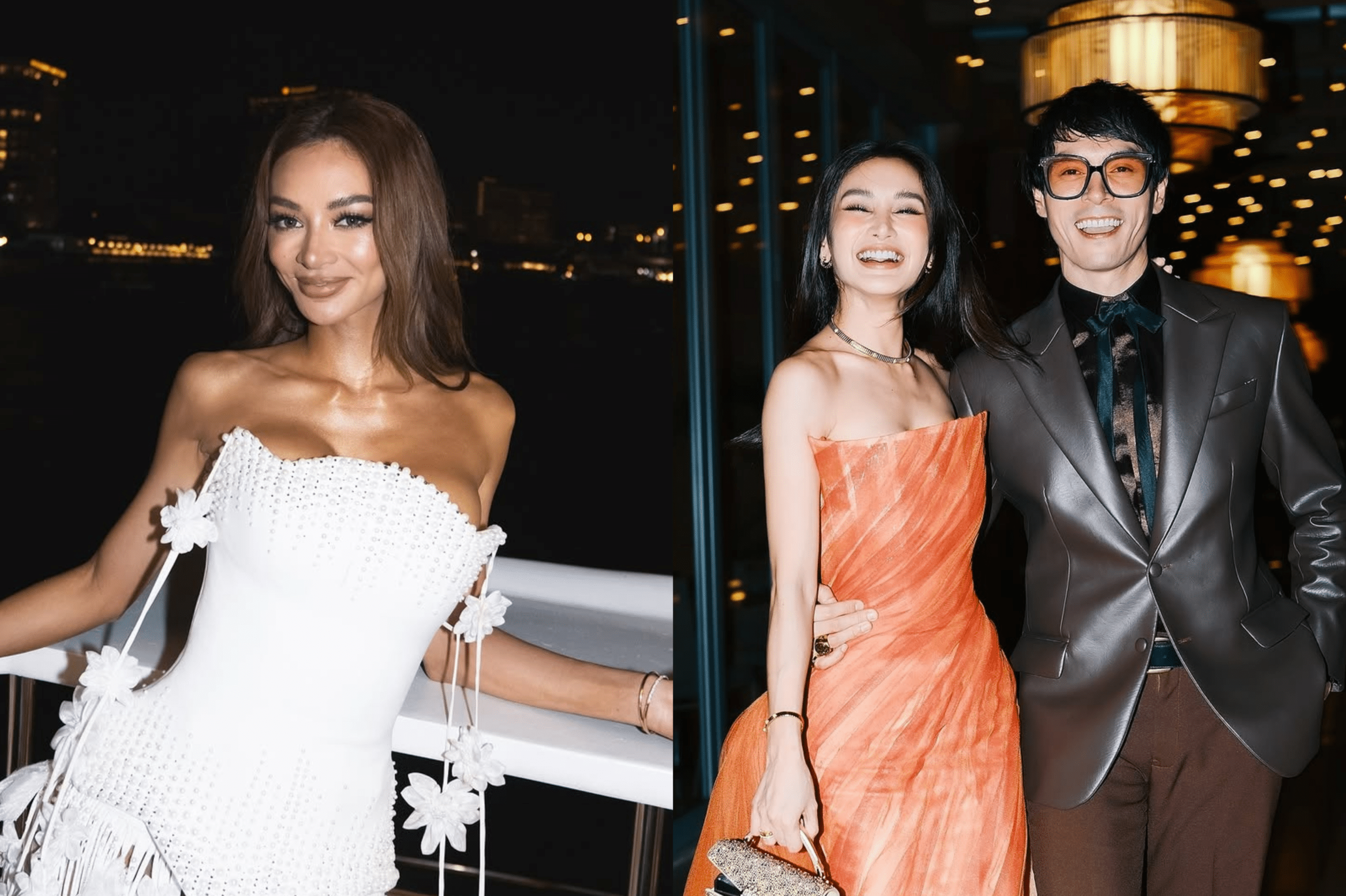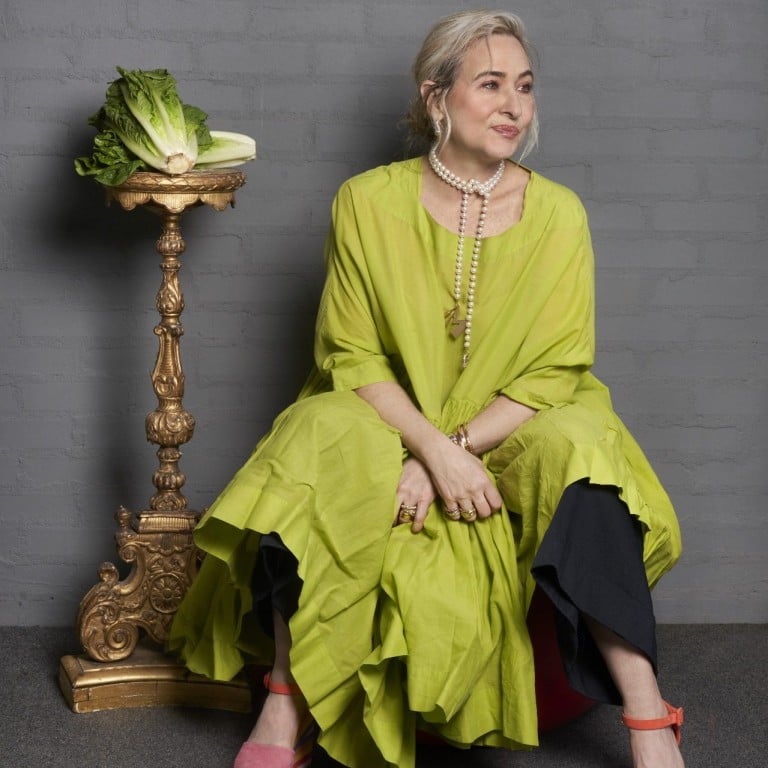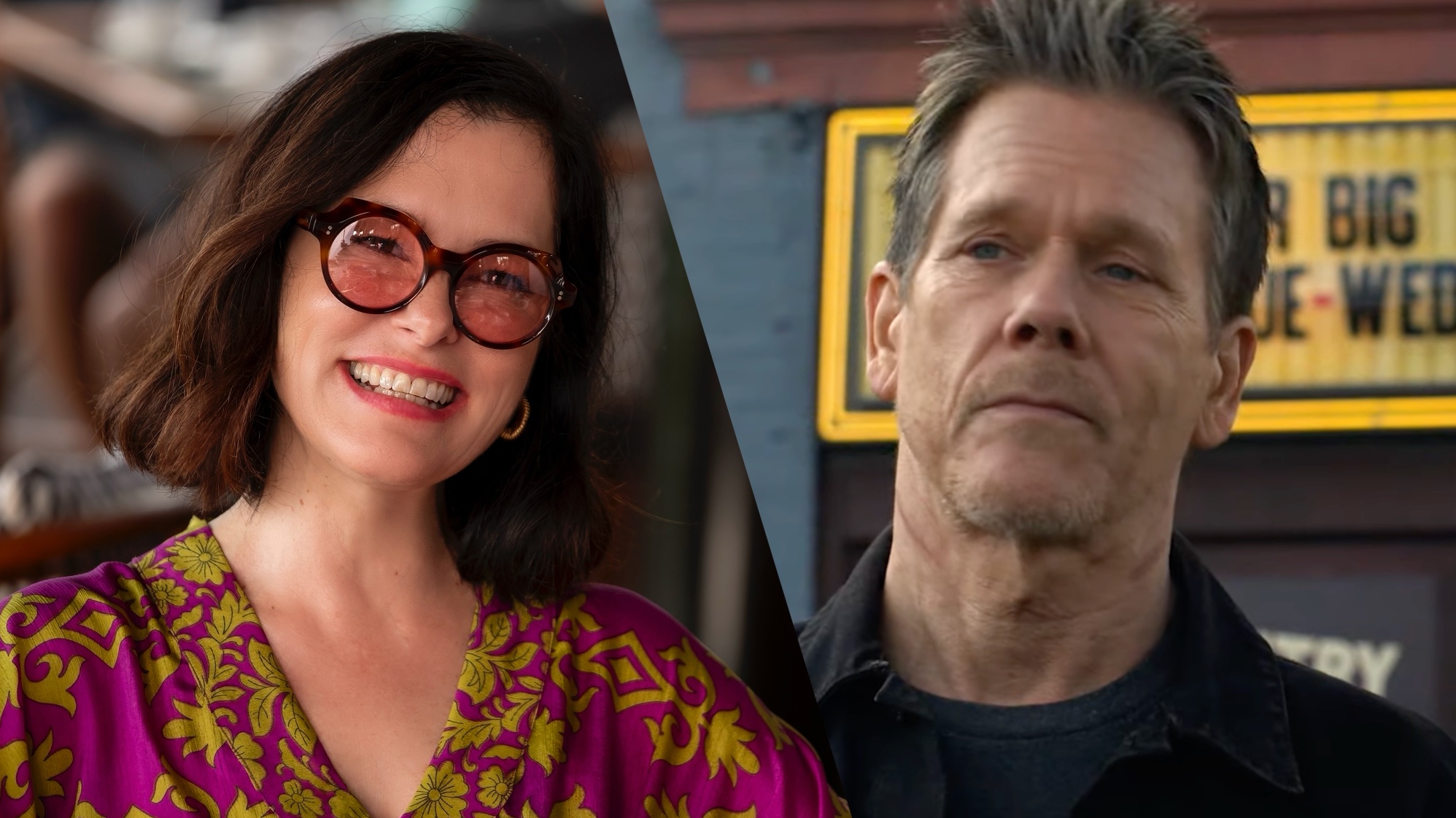Foxglovewise (Faber £12.99) is prefaced with a quote from Louise Glück’s Matins reminding us of the foxglove’s peripatetic self-sowing qualities and its sheer playfulness in this book of translation and transformation. Plants are centre-stage, the imagery fresh and startling, “Oranges are easy: sweetness sewn/inside a roughly perfect handhold.
” (Orangerie). In The Empire of Flora “Claire” tutors the poet on landscaping while “rewinding/her lecture on Poussin, who could/take the measure of our hurt”. This ekphrastic poem manages to be dialogue too, yet it flies light as a seed, “‘Look at how desire taunts:/gazing is at right angles to listening:/that tells you all you need to know.

’/The ear at right angles to the eye./I never thought..
.”. It could describe Mlinko’s own poems so visual and aural but always firmly anchored in their many forms, its last line a striking Ars Poetica, “We put a frame around the dirt.
” The Open C continues this theme, the ocean as a musical note – to be looked at but also heard, “the serene compact of our opening scene” from which Prospero and Ariel might emerge. Shakespeare’s debt to Ovid transformations comes to mind in The Mechanicals set in a hairdressers, “Zoe, meanwhile, creases my headdress,/also of foil, in which I look,/arrayed in silver, like a sci-fi Aztec/or Zoroastrian priestess.” Mlinko’s rhymes land lightly, easily, the wandering foxglove a powerful metaphor for human migrants too as in the Tarpon Springs, Epiphany where Mlinko, “excited” by the priest’s chant at the Orthodox Christian ceremony, echoes Rilke, “For isn’t a foreign language the beginning of terror too?” “While settled women speak of a glass ceiling, Traveller women are still outside, looking in through the window.
” The Rosaleen McDonagh epigraph to Kin: An anthology of Poetry, story and art by Women from Romani, Traveller and Nomadic Communities (Salmon €16) pulls back the curtain on a timely showcase. Edited by Raine Geoghegan and Fióna Bolger, Kin explodes with colour – literally from the art and photographs on its pages but also figuratively in the arresting language, which is both touching and tough. Strong individual voices rise from the page, rich with flavour, “You’ve gawn and laddered me best kollovas”.
(Gypsy Hill Moonshine by Karen Downs Barton). Much of the work here is written in the writers’ native languages, which include Romanichal, Romanian, Roma shelta/ Gammon/Cant and Mongolian and is a heady mix of a fresh and powerful sound. Moored in our present-day world – so often hostile to the travelling community – these poems reach back effortlessly into the past as in Ella Shaw’s Gypsies in the Lane, “Pots black,/the yog bubbles up the stew, washing hung between two thorn trees, lifting high in the wind.
/Deers walking on ...
hungry shushi chanking”. The poem begins in the free verse as it follows the open vistas of the “Old Romany ways” but the painful end of that freedom is shown in the strict rhyme, which works on the ear like a set of cuffs, clicking into place: “we go in bricks,/no more canvas and sticks.” There are many styles here; the plaintive voice of the excluded child haunts Shannon Nolan’s The Ballad of Bird McCarthy, while Victoria Bennett’s Mother-line blows full-blooded life into a rejected language even as she describes its destruction, “She was always/ gorja, didikoi; /a not-belong.
//Her chib/cut from her mouth.” “When you take up with a man like Zeus,/you’ll always live in fear ..
. Emily, we all get tarred and feathered by a man/ who once screwed us with thunder and lightning”: Jo Burns addresses Emily Cooper in Nymphs and Fauns, one of the last poems in The Conversation by Emily Cooper and Burns (Doire, €16). This ambitious collaborative project draws its energy from Dora Maar’s painting The Conversation, which shows Maar and Marie-Thérèse Walter (both lovers of Picasso) sitting stiffly side by side.
Only Maar’s back is visible while Walter looks directly out at the viewers. Half of this collection features imagined conversations held between Maar and Walter and also Françoise Gilot, his last surviving ex-lover. Maar and Gilot were highly accomplished artists whose careers were eclipsed by Picasso.
Maar, a ground-breaking surrealist photographer, became more famous for being the subject of Picasso’s “weeping woman”, while Picasso actually set out to actively destroy Gilot’s career after she walked out on him. This imaginary dialogue between Picasso’s lovers is written in sharp couplets: “He kept me so busy within myself,/that I burnt alive at both your edges.” (Girl Before A Mirror), reflecting the violent intensity of the relationships around Picasso, “Dora, what hurt me was not your fists/or even him in your clutch.
//It was his passivity as we hissed at each other.” (Fist-Fight in Front of Guernica). Five personages in conversation gives the disorientating sensation of walking through a hall of mirrors as Burns and Cooper struggle with the aftermath of their own experiences of being “screwed” by “thunder and lightning”.
In Switch, Cooper recourses to revenge – “It needed to be done” – for the frightening objectification described in Just a Pair of Eyes: “a boyfriend, a photographer/Who used me as a sitter over and over/Told me that I was ‘just a pair of eyes/ To focus on’”. An alternate title for Jake Hawkey’s But/Through (Picador £12.99) could come from the title of his prose poem The Objects, which opens a cold bright window on to the clinical experience of bereavement on a hospital ward, “The nurse on this ward bouncing away in mauve pumps while/daydreaming of the upcoming weekend understands that he/ is dying, but he’s just one part of her day”.
Objects are vital here, and Hawkey has a keen sense of how they can move too, “Will you let me see his feet one more time? She whistles up the thin white sheet like it’s a parachute ...
” These feet belong to Hawkey’s father; his death is central, replaying beside Hawkey’s mother’s tortuous struggles with alcoholism: “The obese book I finish says/early sibling & parental death’s/ statistically more common in/ families experiencing problems/ with problem drinking, but after/ Dad died from a broken heart/the heart specialists don’t mention/ your vodka orange.” (ICU). Weight has many aspects here and its an effective expression of grief’s freight – from the Philip Seymour Hoffman epigraph, “my ideal weight is 205, actually” to Hawkey’s precise weighing of imaginary coffee cups, “When we pulled the plug .
.. you & I both left for a smoke.
/ Sensing my hostility, you kept /your distance & words empty, /like a weightless coffee cup in/ the movements of a soap actress...
” (ICU) This is dark material and the dissection of an alcoholic mother could be pitiless, but Hawkey’s intense observation of her strong presence is what makes this book live in the mind of the reader. “Mum realised we did not know ..
. the alphabet or ..
. the months of the calendar year,/so we would sing them back to her there in the car/with clean white teeth & our noses pointing in the air./If she’d been breathalysed we’d have been taken into care”.
Martina Evans, a contributor to The Irish Times, is a poet, novelist and critic.
Entertainment

New poetry: works by Ange Mlinko, Traveller poets, Jo Burns and Emily Cooper, and Jake Hawkey

Foxglovewise; Kin: An anthology of Poetry, story and art by Women from Romani, Traveller and Nomadic Communities; The Conversation; and But/Through



